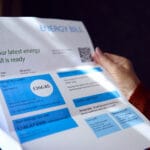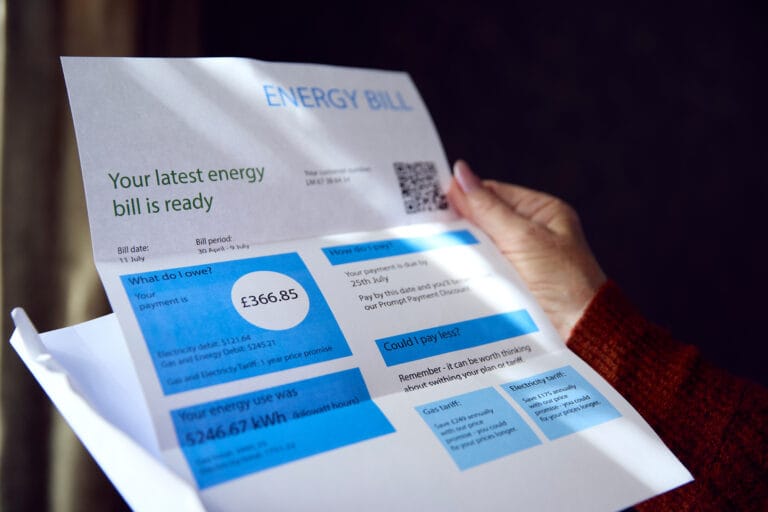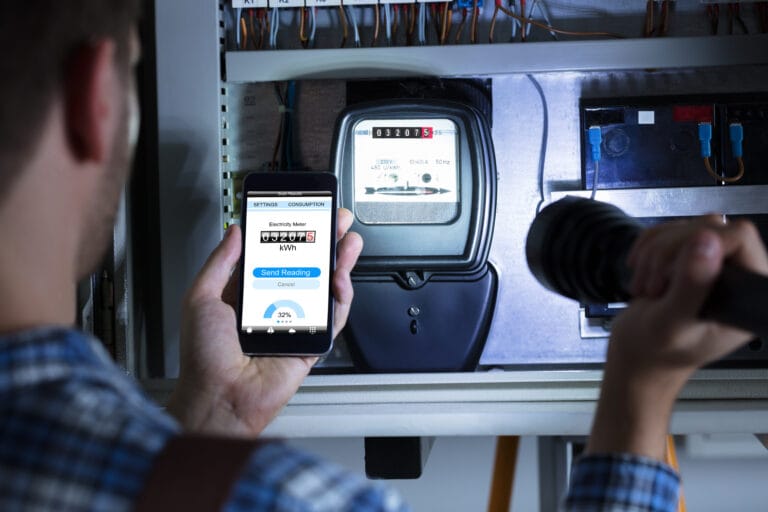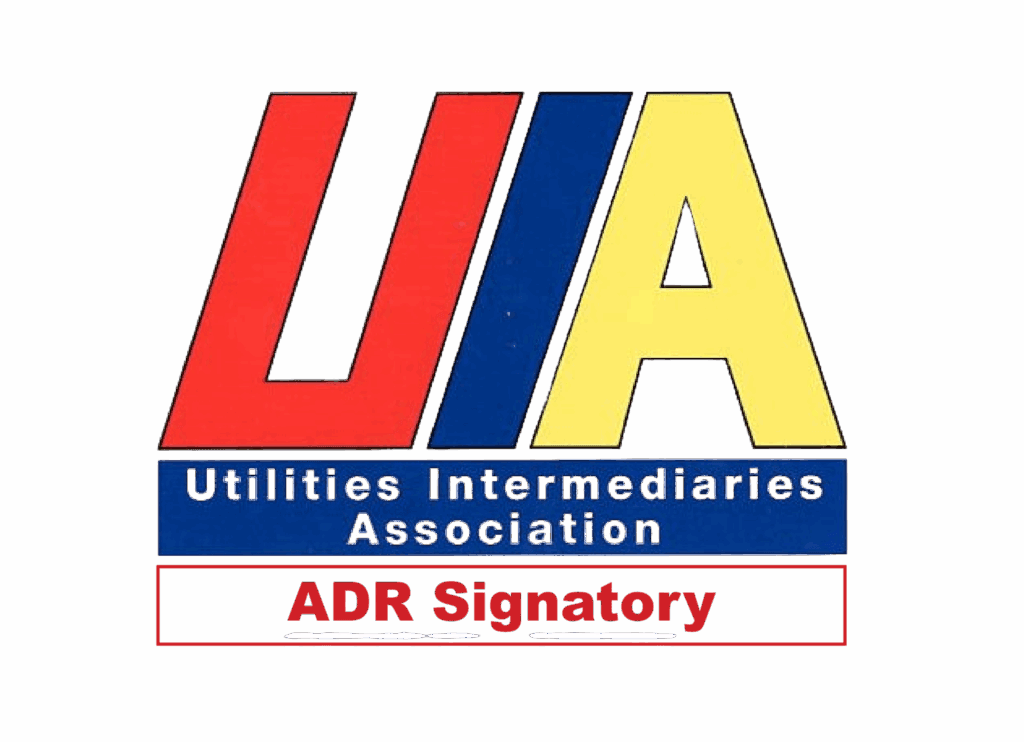In the ever-evolving landscape of the renewable energy sector, staying ahead of the curve is crucial for businesses aiming to reduce operational costs and embrace sustainable practices. At Reduce My Costs, we understand the pivotal role renewables play in shaping the future of energy consumption. In this blog post, we’ll delve into the current state of the renewables sector and explore predictions for the year 2024.
The current landscape
In the ever-evolving landscape of the renewable energy sector, staying ahead of the curve is crucial for businesses aiming to reduce operational costs and embrace sustainable practices. At Reduce My Costs, we understand the pivotal role renewables play in shaping the future of energy consumption. In this blog post, we’ll delve into the current state of the renewables sector and explore predictions for the year 2024.
The renewable energy sector is one of the fastest-growing sectors in the world. In 2022, renewable energy accounted for over 40% of global electricity generation, and this share is expected to continue to grow in the coming years. According to the International Energy Agency (IEA), global renewable energy capacity is expected to increase by 9% in 2024. This growth will be driven by a number of factors, including declining costs, supportive government policies, and increasing demand for clean energy.
Technological innovations
The coming year is poised to witness ground-breaking technological innovations in the renewables sector. From more efficient solar panels to advanced wind turbine designs, continuous advancements will contribute to increased energy production and reduced costs. The IEA forecasts that global solar PV capacity will increase by 17% in 2024, while global wind capacity will increase by 15%. The continued growth of solar and wind energy is being driven by a number of factors, including declining costs, technological advancements, and supportive government policies. For example, the cost of solar PV modules has fallen by over 80% in the past decade, making solar PV one of the most affordable sources of electricity generation in many parts of the world.
Artificial intelligence and machine learning applications are expected to play a pivotal role in optimising energy systems, predicting maintenance needs, and improving overall performance.
Policy and Regulatory Developments
Governments worldwide are recognising the importance of renewables in mitigating climate change and ensuring energy security. Anticipate continued policy support and incentives for renewable projects. Additionally, international collaborations and agreements may shape the global renewables landscape, fostering a more interconnected and resilient energy infrastructure.
Decentralised energy systems
2024 is likely to witness a surge in decentralised energy systems, allowing businesses to generate and manage their own renewable energy. This shift towards energy independence not only contributes to sustainability goals but also provides businesses with greater control over their energy costs.
Implications for businesses
The rapid growth of renewable energy is having a significant impact on businesses. Businesses are increasingly looking to renewable energy to reduce their energy costs, improve their environmental performance, and meet their sustainability goals.
A number of factors are driving businesses to adopt renewable energy, including:
Rising Energy Costs
The cost of fossil fuels has been rising steadily in recent years. Renewable energy can help businesses to reduce their exposure to rising energy costs.
Government Incentives
Many governments are offering financial incentives to businesses to adopt renewable energy. These incentives can help to reduce the upfront cost of installing renewable energy systems.
Environmental Performance
Businesses are increasingly under pressure to improve their environmental performance. Renewable energy can help businesses to reduce their greenhouse gas emissions and other environmental impacts.
Sustainability Goals
Many businesses have set sustainability goals, such as reducing their carbon footprint or achieving net zero emissions. Renewable energy can help businesses to achieve these goals.
In conclusion, the renewables sector is set for an exciting journey in 2024, marked by technological advancements, policy support, and a growing commitment to sustainability. At Reduce My Costs, we are committed to helping businesses navigate this dynamic landscape, optimising their energy usage and reducing operational expenditures. For help implementing renewable solutions into your business operations, please contact us using one of the buttons below.














